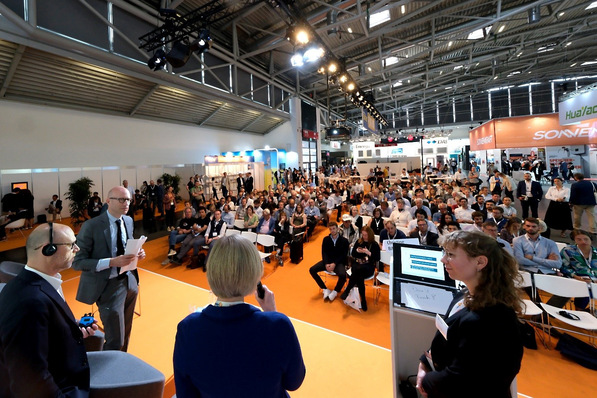Domestic demand is expected to almost double by 2030 from current consumption of 13.4 TWh. Georgia’s generation capacity will not be enough to meet domestic demand in the long term without additional generation sources. Estimated deficit by 2025 is more than 3 TWh.
Starting from 2008, Georgia has liberalized and deregulated the energy market. The State Programme Renewable Energy 2008 stipulates the rules and procedures regarding construction of new renewable energy projects. The electricity may be sold to any buyer in Georgia, based on freely negotiated prices, and/or to the electricity market operator (ESCO) based on the guaranteed power purchase agreement.
Georgia has well-developed transmission grid infrastructure. The whole territory of the country is covered with over 3,000 km of high, medium and low voltage lines and about 100 substations. In 2013, a new 400 KV line with HVDC back-to-back substation connecting Georgia with Turkey was commissioned, adding to already significant transmission capacity with all neighboring countries.
Major potential for hydropower
Georgia is one of the top countries in terms of water resources per capita and more than 80% of total electricity in the country is generated by hydropower. At the same time, only 25% of economically feasible hydro potential is exploited today.
There are 118 ongoing hydropower projects, divided by the following categories:
74 projects up to 13 MW – total installed capacity 363 MW and about $ 400 million investment;
44 projects from 13 MW – total installed capacity 2 986 MW and about $ 5.7 billion investment.
50 MW Tibilisi solar farm
Georgia has significant wind potential through which average annual electricity generation is evaluated at 4 bln. KWh and installed capacity of 1,500 MW. There are 18 wind energy projects on feasibility study stage with a total installed capacity of 462 MW. Among largest projects are Imereti 1 Wind Farm (300 MW), Central Wind Farms (120 MW), Pirveli Wind Farm (110 MW) and Kartli 2 Wind Farm (100 MW).
There are 6 solar projects at feasibility and construction stages with a total installed capacity of 93 MW. Among largest projects is a 50 MW AE Power Tbilisi Solar Farm.
Energy Week Georgia 2020
The opportunities these developments can offer to investors, EPC and engineering companies as well as contractors internationally will be discussed during the upcoming Energy Week Georgia 2020. The high-level event will take place on 28-30th January in Tbilisi with the support of the Ministry of Economy and Sustainable Developemt of Georgia. (HCN)







